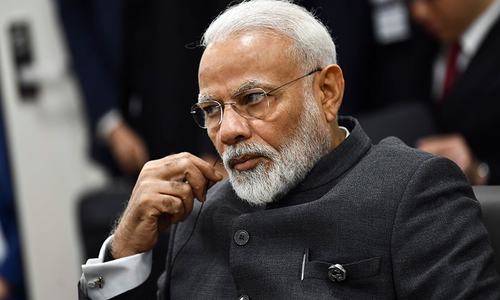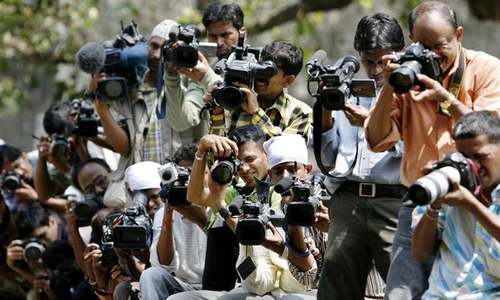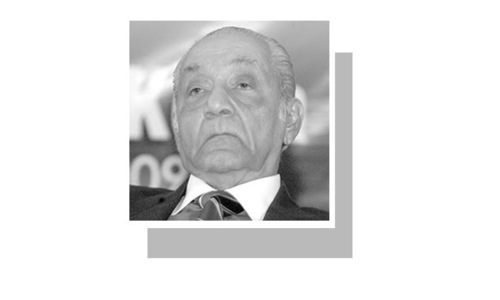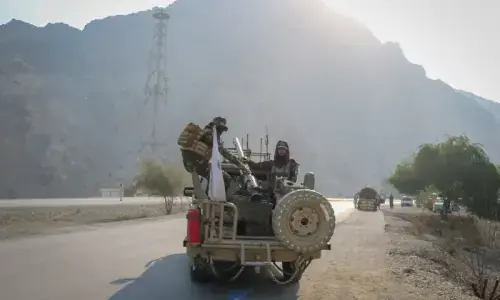IN a sign of increasing pressure on the media, the Narendra Modi-led government, apparently retaliating to unfavourable reporting, has stopped giving advertisements to at least three Indian newspapers.
Officials from the Times and ABP groups say their publications have been deliberately starved of government ads worth millions of rupees in a move which began even before Mr Modi was re-elected with a landslide mandate.
Although there has been no official comment on the ban from Delhi, the message is clear.
In the words of one media group’s representative: “Once you don’t toe the government line in your editorial coverage and you write anything against the government, then obviously the only way they can penalise you (is) to choke your advertising supply.”
Even the leader of the opposition in the Lok Sabha has called attention to the government’s tactics to quash criticism, dubbing it “undemocratic”. Ironically, a BJP spokesperson insists that the press in India is free.
The issue of government-sponsored advertisements in the media is a complex one; the ads are usually tenders for government contracts or publicity for government schemes. Their issuance translates to considerable revenue for publications. Much like the situation in Pakistan, in India, too, these advertisements are usually given out on the basis of target audiences and readership.
But in a world where heads of state are increasingly becoming intolerant, authoritarian figures, such as the Indian prime minister, indirect and uncharted means are used to stifle the voices of those whose duty it is to hold leaders accountable.
Instead of respecting press freedom, such personalities undercut the media by halting ads and creating a financial crisis as a way of punishment for critical coverage. And because there are no specific rules that regulate the giving (or holding back) of government ads to media outfits, a legitimised loophole makes room for vindictive behaviour, or blackmail, in the garb of ‘prerogative’.
Such anti-press tactics ought to be condemned. Not only do they exert a financial strain on newspapers and journalists, they also intimidate media personnel and prevent them from holding elected officials accountable — a function which lies at the heart of a healthy democracy.
Mr Modi, whose pre-election advertising blitz showed him plastered on the front pages of scores of newspapers, should tolerate criticism instead of employing crafty ways to suppress journalism.
The world’s largest democracy will present a sorry picture if it curtails press freedom at home.
Published in Dawn, June 30th, 2019

































